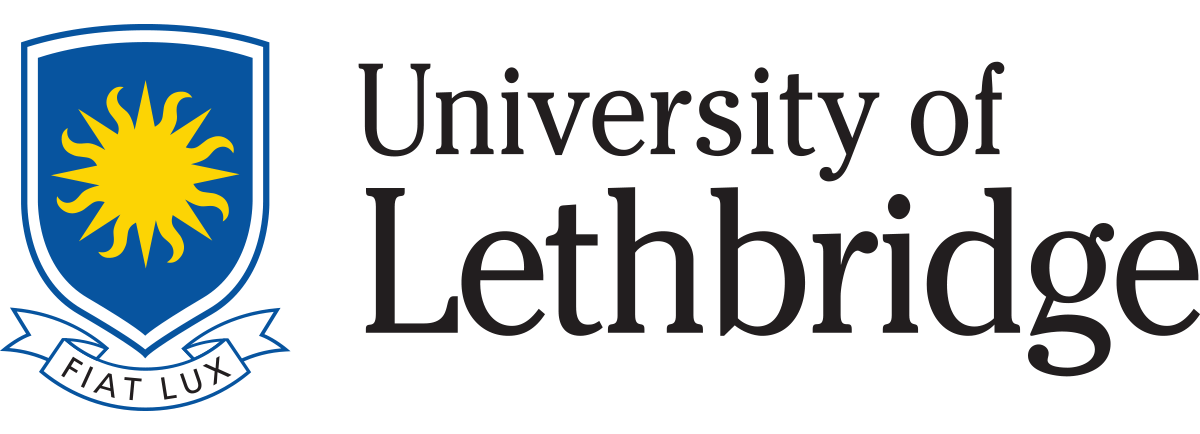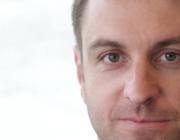My pedagogical interests are broadly focussed on contemporary music practices and technology. Since July, 2011, my work at the University of Lethbridge has included teaching ‘core’ Digital Audio Arts courses and normative music courses such as:
- Post-tonal music theory including selections from the entire 20th century
- Music Composition developing students’ ability to identify and create fundamental musical materials
- Introduction to music technology for music students, as well as students in other disciplines (e.g., New Media, Computation Arts, Computer Science)
- Music industry including creative portfolio development and expanding one’s on-line presence
- Applied research/student-driven independent studies
- Interactive music and computer-assisted composition
- Contemporary and electroacoustic music ensembles
Sensors, interactive performance systems and computer-based music ensembles
I have designed several courses to focus on composing and performing with digital technology. One example is a course, entitled Interactive Computer Music and Computer-Assisted Composition, which firstly concentrates on understanding the similarities and differences between interaction and computer-assistance. Secondly, the course explores new instrument paradigms, using the work of R. Miranda and M. Wanderely as a primary resource (New Digital Musical Instruments: Control and Interaction Beyond the Keyboard). Another course that addresses performing with digital technology is the University of Lethbridge Integra Contemporary & Electroacoustics Ensemble. This ensemble predominantly consists of Digital Audio Arts majors and initially ran in each spring semester. However, due to an increase in the number of participants, the ensemble now runs over two semesters. Unlike some present-day electronic music ensembles, this ensemble focuses on physically active performance techniques and the inclusion of normative acoustic instruments, in addition to digital instrument design and construction, ear training, effective ensemble practices/dynamics, as well as reading both traditional and exploratory scores. In addition, I have made an effort to integrate ensemble events with activities in the department’s formal composition classes, which I had the opportunity to teach in the fall, 2013. For instance, I invited student composers to showcase their music within the framework of Integra Contemporary & Electroacoustics Ensemble.
Student-driven applied research and creation
Throughout the academic year, I teach an independent study course, entitled Applied Research in Digital Audio Arts. The course is a student-driven research and creation course in which students receive instruction and direction with regards to project conception and planning, development, production and dissemination. In addition, students are given the opportunity to practice normative research presentation skills (e.g., organising and executing an effective research presentation, structuring a research paper). The wide range of independent studies initiated by the students have included:
- Composing an electroacoustic music composition
- Composing for acoustic instrument and live electronics
- Creating augmented musical instruments (i.e., augmenting acoustic instruments)
- Designing gestural controllers and building new control surfaces
- Developing mapping strategies for electric drums
- Researching remix and mash-up cultures and composing a video mash-up
- Studying music for gaming and composing music for a video game trailer
- Building a software tool to create alternate tunings and harmonisation effects
- Exploring advantages/disadvantages of MIDI by comparing the live recording to MIDI-driven music
- Studying 5.1 recording techniques and music production with the Vancouver Chinese Music Ensemble
- Developing a binaural synthesis application using head-related transfer functions
- Producing weekly internet and radio classical music broadcasts
- Surveying and implementing new technology for popular music concerts
- Surveying music marketing in the digital age
- Developing a plan to construct an audio recording and production facility
Music industry
Since September, 2012, I have been teaching an industry course, entitled, Portfolio and Music Industry. Due to student registration and the reshaping of Digital Audio Arts (DAA), Portfolio and Music Industry will be made a required course for DAA students in the coming year. In addition, regular B. Mus. students will be encouraged to take the course. Learning outcomes include identifying current professions in the music industry and explaining how they have evolved over the last century. Furthermore, students are asked to interpret industry models for the production, promotion, distribution and sales of recorded and live music, in addition to proposing and supporting new models for the twenty-first century. In addition, students are required to evaluate the ongoing development of their professional portfolios, linking, and elaborating on, the aspects of their work in an effort to increase presence and identify distinctive features. In addition to teaching the course subject-matter, I am responsible for organising a guest lecturer component, which entails moderating over weekly presentations by guest speakers from across Canada (either in person or via teleconferencing).


